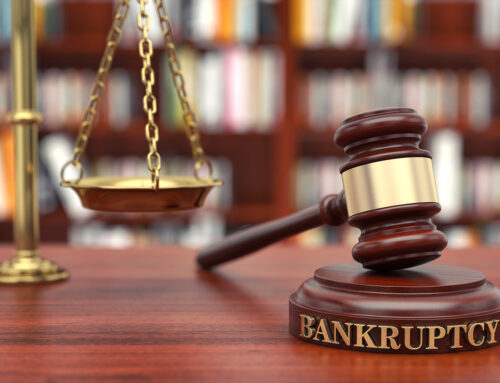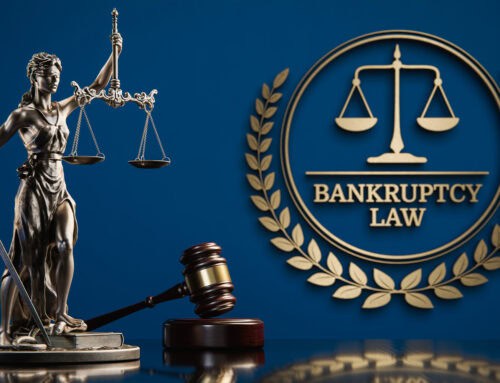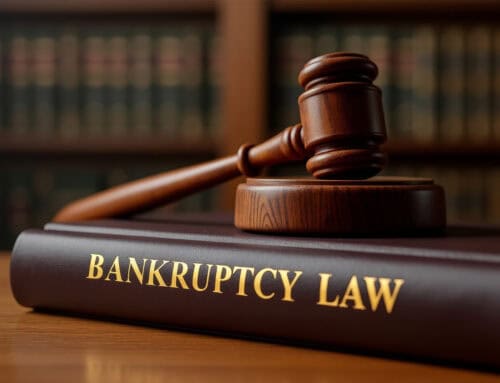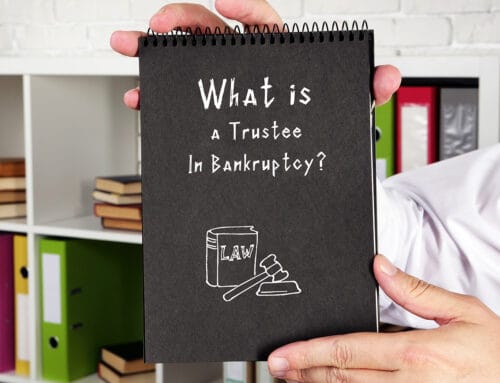Special Types of Debt in Bankruptcy
With everything going on in the world today it is sometimes hard to figure what to do when you are feeling financially overwhelmed. When you have past due bills you cannot afford piling up, a professional debt lawyer can provide more information about how a bankruptcy court would handle your case. While most types of debt can be reorganized or discharged in bankruptcy, other bills are subject to special circumstances. Reviewing these guidelines with a professional can help you determine if bankruptcy makes sense for your circumstance. Here are a few examples of different types of debit you want to review with your bankruptcy attorney…
Student Loan Debt
In most cases, student loan debt will remain after you file for bankruptcy. However, California makes an exception for debtors who can prove they would be unable to maintain a reasonable standard of living while repaying their student loans. You must also show that you have made a good faith effort to make payments thus far but will be unlikely to make enough money to repay the loans in the future.
Tax Debt
Some types of tax debts can be discharged in a Chapter 7 bankruptcy, but when you file for Chapter 13 bankruptcy, the court will prioritize certain types of debt, including tax debt. That means that if you have money available to repay your debts, those funds will first go to priority creditors.
When it comes to receiving a discharge, your tax debt must always meet these conditions:
- Consists only of income tax debt; other types of tax debt are not dischargeable
- Dates to more than three years ago
- Assessed at least 240 days before you filed for bankruptcy
You must file all your tax returns before filing for bankruptcy. In addition, you are not eligible for discharge if the IRS has determined you filed a fraudulent return.
Medical Debt
Medical bills qualify as unsecured debt, so they can usually be discharged or reorganized in bankruptcy. Unlike tax debt, medical debt is not categorized as a priority by the bankruptcy court. While bankruptcy is an option for these bills, you may also want to consider a payment plan from your health care provider.
Other Non-dischargeable Debts
In addition to the categories above, some other types of debts cannot be discharged or reorganized in bankruptcy. These may include:
- Court-ordered payments such as spousal support, provided you have the ability to pay
- Debts resulting from breach of fiduciary duty, larceny, embezzlement or willfully malicious actions
- Debts accrued by fraud, including cash advances and luxury services or goods purchased in the three months before filing for bankruptcy
- Unpaid child support
An experienced bankruptcy lawyer can review your debts and finances with you to determine how the California bankruptcy court system will handle your case. They can help you review and organize your debts in a way that you can understand what is dischargeable and what is not, and plot the best course of action accordingly. Bankruptcy can be a scary process when you don’t understand what is happening. If you are in Ventura County and you need help understanding your bankruptcy options please don’t hesitate to contact Brent George Law for a free phone consultation today.
Disclaimer: This article is intended for informational purposes only and does not constitute legal advice. For personalized assistance, please contact our office at (805)494-8400.





